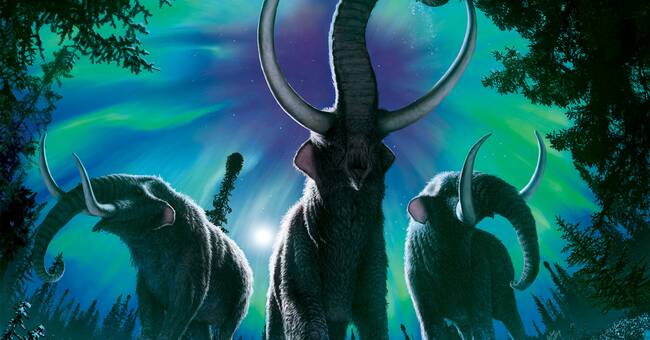Fossils from the mammoth relative have helped researchers understand the importance of climate change for animals that are forced to move.
The international research group obtained its findings by analyzing DNA from mastodon fossils in North American museums.
The study uses fossils from the Pleistocene, a geological epoch approximately 17,000 to 2,580,000 years ago.
The importance of climate
The mastodons are believed to have moved north to areas such as Alaska and the Yukon in Canada to escape a warmer climate when the ice melted.
The fact that they nevertheless did not survive shows how climate change is crucial for the survival of species.
DNA analyzes showed that the animals were in warmer parts of the world and not just on icy glaciers where they thrived best.
The research group also noted that the mastodons that migrated north had less genetic diversity.
Thus, they were vulnerable to extinction.
Global warming worries researchers
Love Dalén, researcher at the Swedish Museum of Natural History, believes that the current global warming means that we should expect a future where entire species become extinct.
- In a future scenario with global warming, we should probably expect that populations will become extinct and a very large part of the variation within species will be lost, says Love Dalén.
The study is published in this week's issue of Nature Communications.

